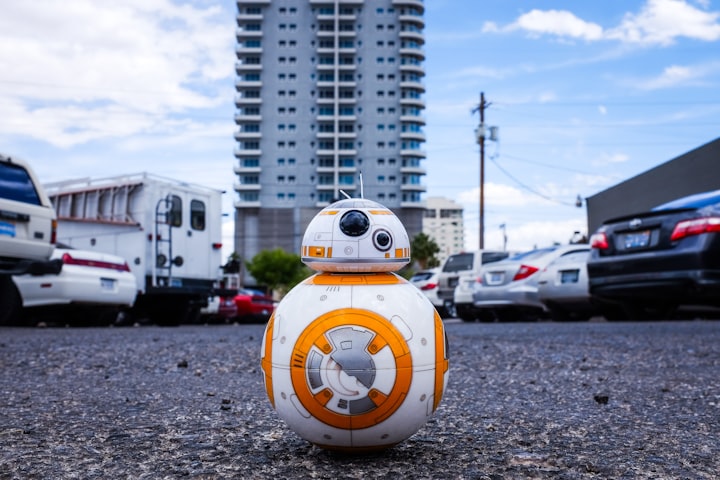Similar to AI-enabled capabilities, the provision of resources includes AI model training data, cloud and computer storage, software development, secure communications and performance, and basic digital infrastructure to support AI-enabled applications and technologies.
Artificial intelligence will not only affect the future of the industry where people are the driving force behind new technologies such as big data, robotic, and IoT. It is also used by companies to improve process efficiency, perform resource-intensive operations, and make business predictions based on data that is more complex than viral desire. Artificial intelligence is already a major driver of this emerging technology and will continue to be a technology innovator for the foreseeable future.
Artificial intelligence is the culmination of many different technologies that work together to enable machines to see, understand, operate and learn at a human-like intelligence level. Technologies such as machine learning and natural language processing are all part of the AI world. Researchers are no longer talking about a single AI, but hundreds of complex tasks, with many different programs and people doing them.
AI algorithms allow physicians and hospitals to analyze data and tailor their health care to patients' "genetic, environmental, and lifestyle. a man of many forms - machine communication, active robots, and a new trend in robotics development, which provides the key to equipping machines with common sense and the ability to learn about their actions and the impact they have on their environment.
Efficiency and other economic benefits of coded technology will continue to disrupt all aspects of human activity. In keeping with the pace of change and addressing a growing list of serious problems, by 2030, AI will use Joi Ito's phrase, "expand beyond intelligence" and explore all areas of human behavior and communication.
Like many technological advances in history, the development of artificial intelligence has fueled fears that human activity will end. Given how the ingenuity of the media is portrayed, especially in our favorite scientific films, it is clear that the introduction of this technology has fueled fears that it will ultimately lead to job losses. But technological advances are making the most of human endeavors.
By 2026, the average number of respondents will say that machines will be able to write school essays; by 2027, private trucks will disable the driver; by 2031, AI will surpass people in sales; and in 2049, it will be the next Stephen King and in 2053 the next Charlie Teo. Instead of promoting human labor, a recent paper from the MIT Working Group entitled "Artificial Intelligence and the future of Work" predicts that artificial intelligence will continue to drive new things, drive more existing industries, and have the potential to create many new growth sectors. , which leads to many activities. While many think that artificial intelligence will increase human capacity, others predict the opposite: that as people become more dependent on machine-driven networks, their ability to think, act, and interact with each other will be diminished.
And it is not clear how we need to agree on international cooperation to ensure that no one in the world is pushed into the unpopular AI system. In other words, if the machines supply false stimuli by unethical people to attack, it would be an argument between them, not someone else, if they decide that is a good idea.
With the advent of the Apocalypse, there will be artificial intelligence - educational programs that transcend people of all kinds - and they will begin to take on the jobs of millions of people, such as drivers, radiologists, and insurance regulators. As we approach the Apocalypse, we will be transformed in so many ways that previous generations of people will never see us again. Apocalypse is coming, and because AI is going to be so smart and so scattered - thousands upon thousands of computers - it will not go away.
Strong artificial intelligence means a well-designed computer, not a well-made mind, but an intelligence equal to or superior to man. People have common sense, a kind of problem-solving, irrational thinking, and critical judgment that is always important to the economy.
Animal superintelligence (ASI) is a system that can surpass human skills. The ultimate goal of artificial intelligence (AI) is that the type A intelligence generala is one of the most important advances in science. This is the purpose of a typical, human-like machine.
The incorrect calculation of the robot is related to the myth that machines cannot be controlled by humans. From Alexa to Siri, artificial intelligence uses advanced learning technology to make it work. Artificial intelligence experts use the vast amount of data collected by computers every day about our preferences, buying habits, and movement training equipment to predict what we want (and what we want).
Common artificial intelligence, or educational programs that can surpass people in various forms, can be the first shot of what is known as unity, surpassing human wisdom and exploding within days.






Comments
There are no comments for this story
Be the first to respond and start the conversation.